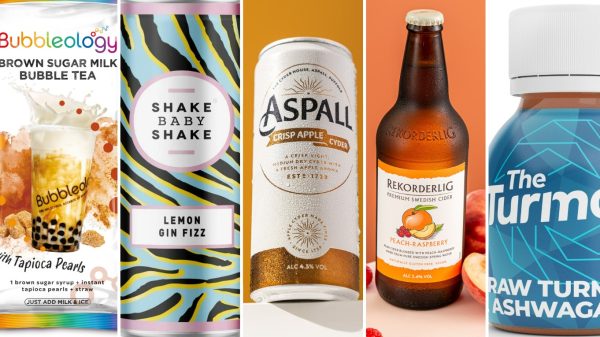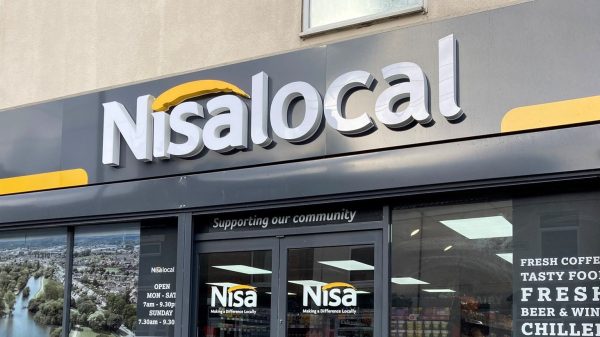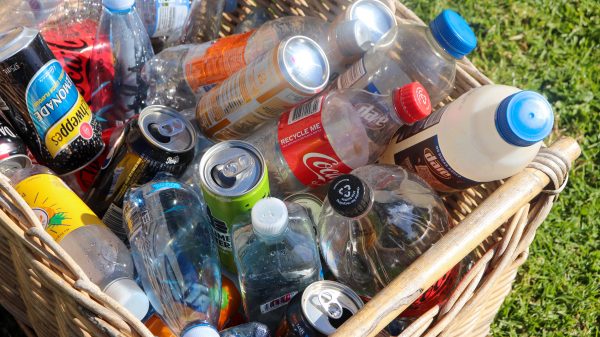The World Health Organisation (WHO) is calling on retailers to do more to encourage consumers to make healthier choices.
The plea comes in the wake of its latest report into salt consumption, which reveals we are on track to miss the global target of reducing sodium intake by 30% by 2025.
The organisation is now advocating for a comprehensive approach to sodium reduction and targeting HFSS foods, including increasing the availability and use of low-sodium salt substitutes on supermarket shelves.
The WHO report reveals that while only 5% of member states are protected by mandatory sodium reduction policies, implementing cost-effective reduction policies could save an estimated 7 million lives globally by 2030.
Caroline Klinge, of the UK’s leading low in sodium salt brand, LoSalt, is also calling on retailers to “shift the narrative on salt” and encourage consumers to make a healthier choice by giving potassium-enriched low-sodium salt alternatives “more prominence on shelf” and communicating that “health benefits are not compromised by taste”.
Subscribe to Grocery Gazette for free
Sign up here to get the latest grocery and food news each morning
WHO director general, Dr Tedros Adhanom Ghebreyesus said: “Unhealthy diets are a leading cause of death and disease globally, and excessive sodium intake is one of the main culprits.
“This report shows that most countries are yet to adopt any mandatory sodium reduction policies, leaving their people at risk of heart attack, stroke, and other health problems. WHO calls on all countries to implement the ‘Best Buys’ for sodium reduction, and on manufacturers to implement the WHO benchmarks for sodium content in food.”
President and CEO of Resolve to Save Lives, a not-for-profit company working with countries to prevent cardiovascular disease, Dr Tom Frieden also commented on the report:
“There are proven measures that governments can implement and important innovations, such as low sodium salts. The world needs action, and now, or many more people will experience disabling or deadly—but preventable—heart attacks and strokes.”
Klinge said that “retailers must do more to shift the narrative around salt”, by “increasing the prominence of reduced sodium salt on shelf and promoting it as the healthier alternative”.
“Discretionary salt use (the amount we use at home for cooking and seasoning) has not reduced over the last decade, indicating that current messaging from the NHS is not working and salt use remains a habit that people will not alter.”
“If consumers will not give up salt, it is only responsible for retailers to encourage them to switch to the healthier alternative – but with reduced sodium salt currently accounting for just 2.6% of all salt sold, it is clear more needs to be done.
“Consumer behaviour trials show that increased visibility of better for you alternatives, supported by educational messaging around product health benefits, can help accelerate consumption shifts into a healthier category.
“Therefore, by giving reduced sodium salts more space on shelf and supporting this with in-store and online educational messaging, retailers can do more to point consumers towards the healthier choice before it is too late.
“Simple changes like this can make a big difference to the wellbeing of consumers, both in the UK and beyond and I hope to see retailers make responsible changes imminently.”











1 Comment. Leave new
Has anyone read THE SALT FIX how the experts got it wrong. Lots of facts are given that disprove the generally accepted research is wrong. I’m very confused as the WHO are advising reduced salt yet there are compelling reasons to up our intake, love some feedback with stats to give me some direction